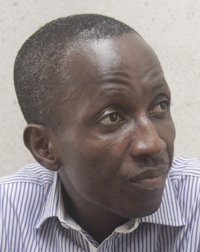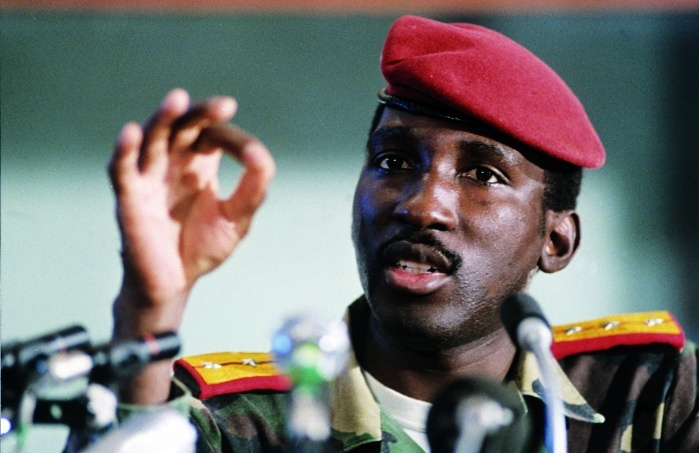When Alex Badeh, an air vice marshal and the chief of defence staff, announced a ceasefire agreement with Boko Haram on Friday, October 17, my heart leapt for joy. Subsequent events, however, have not affirmed the agreement.
One, the terrorists have not stopped attacking villages and towns in Borno and Adamawa states, with more abductions to boot. On Channels Television last week, those that had been displaced from their homes and were then in Yola, the Adamawa state capital, recounted horrific tales of how they fled for their lives because of Boko Haram.
There have been stories too of how a supposed spokesman of the sect, Danladi Ahmadu, who signed the ceasefire agreement, is allegedly unknown to the hierarchy. Indeed, “cautious optimism” has become a recurrent phrase whenever the agreement is discussed. Nigerians have always been cynical of government officials and deservedly so because of our experience, but if it turned out that we have been sold a dummy of a ceasefire, the Jonathan government would have lost face again. In an atmosphere increasingly toxic because of the forthcoming elections, an unofficial referendum on this government is whether or not the Chibok girls are released.
As a father, I’ve always wondered what must be going on in the hearts of those parents whose children were abducted on April 14 and without any cogent information about their whereabouts till now. How are they coping? What support system in terms of counselling and psychotherapy has been provided for these souls whose minds definitely must have been in total chaos for nearly seven months? How far has the relief committee set up by the federal government gone in providing succour for these grieving parents? It is therefore not surprising that some of them have died waiting for the girls’ return.
Advertisement
By the way, the Borno state government has not covered itself in glory too in this painful saga. Failure to provide security for those girls who were sitting for the school certificate examinations even after the state government has been informed, to me, is akin to murder. What do we say of the terrible condition of Chibok and Damboa roads, which many possibly might never have known until the focus on those areas?
As citizens too, I’m not sure we have done enough in seeking the Chibok girls’ release. Last month, 43 students were kidnapped in Iguala, Mexico and there have been massive protests across the country. Mexico’s attorney general has issued arrest warrants for the former mayor of Iguala, his wife, and the city’s former public safety director, whom he called “probable masterminds” of the September 26 kidnaps. Till date, nobody has been arrested over the Chibok abductions neither has there been an indictment. Also, the governor of Guerrero state where the students were kidnapped asked for a leave of absence “to put the focus back on solving the case of the missing students” since constitutionally, governors cannot resign in Mexico. In our country, nobody has resigned or forced to step down because over 200 girls were kidnapped. What a country!
Painfully too, as laudable as the efforts of the Bring Back Our Girls Campaign have been, some of the arrowheads have allowed themselves to be sucked into Nigeria’s political vortex. This, in some ways, has detached from the noble objective of seeking for the girls’ release. Apart from pockets of individuals who are campaigning for the girls, I’m not aware of coordinated efforts or advocacy in ensuring the girls get back to their homes safely. The media too cannot afford to keep quiet or forget that these girls are daughters and sisters to some people and are not just mere numbers. One of the things I remember of the terrorist attacks of September 2001 in New York City is a series of stories by New York Times, which profiled each of the casualties in the twin towers attacks. Leadership newspapers did something close to this when it published the Chibok girls’ pictures shortly after the abduction.
Advertisement
A major reason why we should not forget the Chibok girls is because some other people have been kidnapped after April 14. The last two weeks have witnessed some other abduction in Borno and Adamawa states with claims that Boko Haram released some old women and kept younger women. We are not even sure of how many people have been abducted since Boko Haram began terrorising Nigerians. Who keeps count? Is it the government or its numerous security agencies or the media or families of those whose relatives have been taken away? Let’s play politics as much as we like, but the missing Chibok girls remain a blot on our conscience and until they are found, we’re not free from this moral burden as a nation.
Views expressed by contributors are strictly personal and not of TheCable.
Add a comment

